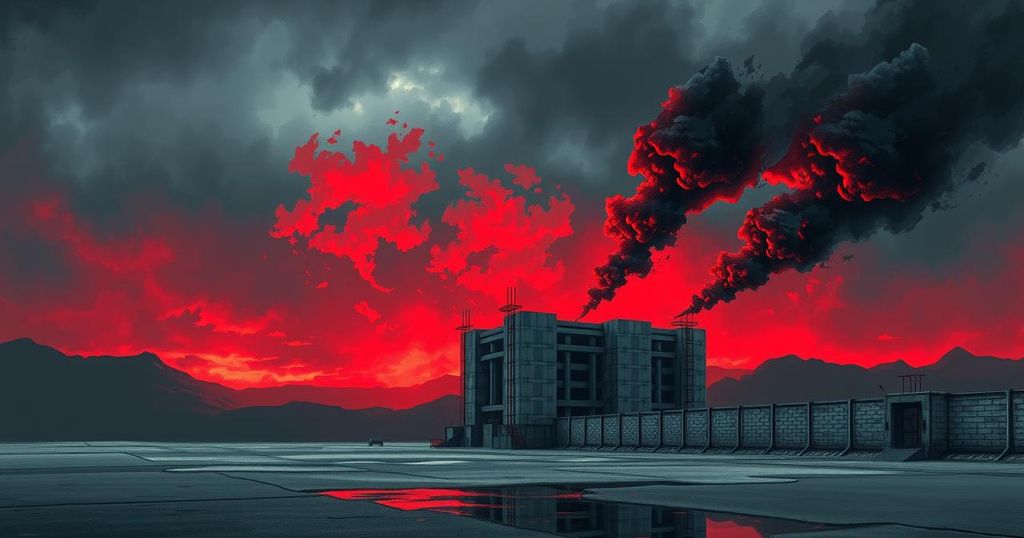Survival Strategy: How Global Conflicts Harden North Korea’s Nuclear Resolve

North Korea’s commitment to its nuclear arsenal has intensified, driven by global conflicts, especially in the Middle East. Analysts believe lessons from Ukraine and Iran have solidified this resolve. To engage North Korea in denuclearization talks, experts suggest keeping diplomatic channels open, though the regime remains wary of relinquishing its nuclear weapons, viewing them as vital for survival.
In the ever-complex theater of global politics, North Korea’s nuclear ambitions seem to be intensifying, largely influenced by ongoing conflicts, particularly in the Middle East. Analysts suggest that lessons derived from the fates of countries like Ukraine and Iran have further solidified Pyongyang’s commitment to its nuclear arsenal, which it now views as both irreversible and essential for its survival.
There is an ongoing debate among experts about how North Korea interprets the escalating tensions on the world stage. However, a consensus among observers is clear: if there is any hope of engaging North Korea in meaningful denuclearization talks, a continuous diplomatic dialogue is necessary. This approach may seem far-fetched, yet some still cling to the possibility that engagement can lead to progress.
From North Korea’s perspective, the lessons it has drawn are sobering. The regime’s leadership, particularly under Kim Jong-un, perceives its nuclear capabilities through a lens of self-preservation. According to Koh Yu-hwan, a prominent North Korean studies expert from Dongguk University, historical examples from Libya and Iraq serve as stinging reminders of the consequences of disarmament.
“North Korea has always pointed to the fate of Libya’s Muammar Gaddafi and Iraq’s Saddam Hussein as justification for never giving up its nuclear weapons,” Koh stated. This firm stance is bolstered by the belief that yielding nuclear arms translates to relinquishing power, a risk Pyongyang is unwilling to take. It is a harsh reality that shapes the regime’s policies and ambitions moving forward.
In summary, the ongoing geopolitical crises are seemingly reinforcing North Korea’s nuclear resolve. As the government draws lessons from international events, it remains steadfast in its pursuit of nuclear capabilities, viewing them as indispensable to its regime’s survival. While hope for denuclearization talks persists among some diplomats, the path forward appears increasingly fraught with challenges given North Korea’s unwavering stance.
In conclusion, North Korea’s nuclear resolve is being explicitly shaped by its perceptions of international conflicts, particularly in the Middle East. The lessons it draws from the fates of former dictators reinforce the idea that nuclear weapons are crucial for its survival. The possibility of returning to talks remains slim unless a diplomatic avenue is maintained, but as it stands, Pyongyang exhibits little inclination to compromise its nuclear status.
Original Source: www.scmp.com








